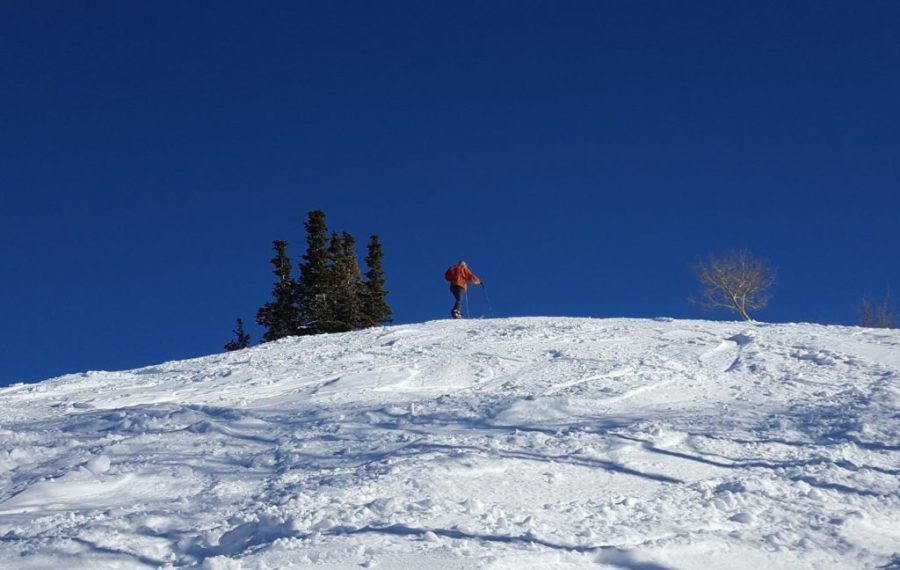Backpackers, hikers, and campers should be prepared for more than a simple hike when out in the winter months. Being in the mountains means there is always the danger of an avalanche. But there are also dangers of getting lost, injured, running out of food, or medical emergencies from the cold such as frostbite. Here are a few tips to prepare for winter hikes:
#1 Winterize Your Backpack
A few weeks ago, a friend of mine went on a short, two hour hike. It was -4º F on the mountain and, although he was prepared, some people in the group struggled to breathe in the cold, and one girl lost feeling in her fingers.
Pack extra dry clothes, preferably made of wool or polyester, a space blanket, a lighter, and dry tinder for a fire. Hand warmers and an insulated bottle filled with warm water or hot chocolate can also come in handy.
#2. Improve Your Skills
When stuck in a blizzard on a hike, everything is harder. By mastering these skills, you will feel more confident facing whatever Mother Nature throws at you. Some examples are:
- Starting a fire without matches or lighters
- Knowing how to melt snow if you ever run out of water. Never eat the snow directly, but use a bandana to pre-filter debris and let it melt into a container.
- Layering. It might sound easy, but knowing what materials wick away moisture and when to remove layers because of sweating can save you from freezing later on.
- Basic first aid skills.
#3. Forage off the land
There’s nothing like hot tea to warm you up and fill your stomach while you are waiting for a storm to pass. Pine needle is are extremely rich in vitamin C and other micronutrients, just make sure you don’t consume toxic ones such as lodgepole, ponderosa and montery. Be careful though, as some are toxic: Lodgepole, Ponderosa and Montery. Other wild edibles you can cook or make tea from are cat tail, wild onions, acorns, chickweed, and dandelions.
#4. Preserve Energy
When you have limited supplies of food and water, you need to save every ounce of energy you can. Even when you’re not in a life and death situation, calories are extremely important. Given that the only way to get more when you’re up on the mountain is to eat the food you carry or forage, do your best to save your strength by avoiding unnecessary activities that will waste energy.
Guest writer: Dan Sullivan
Photo by: Carolyn Webber


